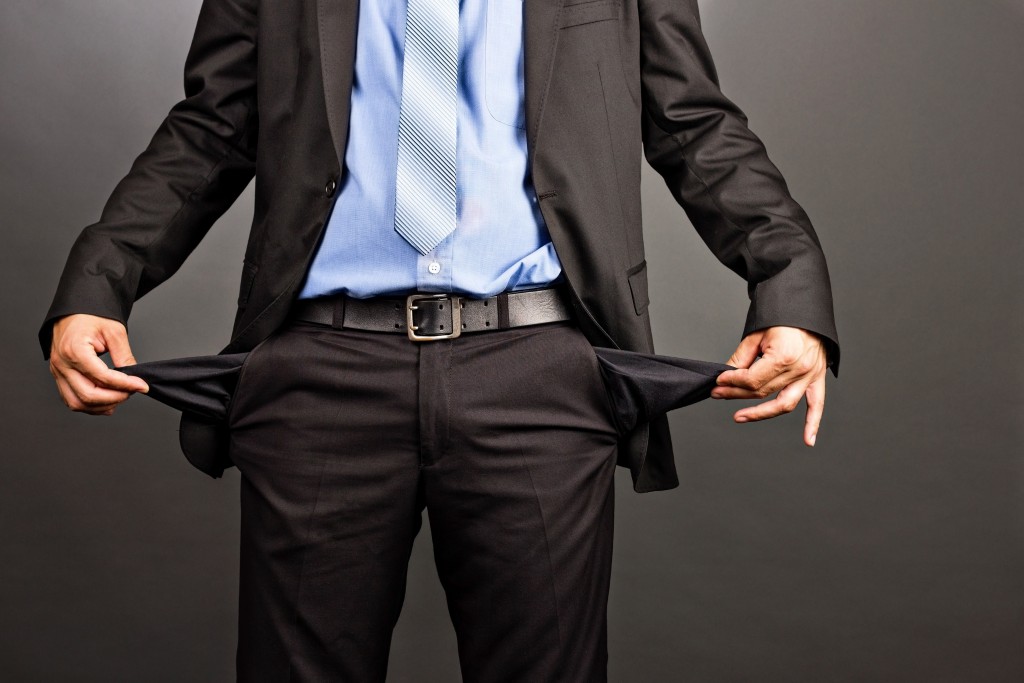For many people, declaring bankruptcy is often seen as a last resort and that’s because it is most of the time. However, filing for bankruptcy shouldn’t be done without assessing your situation first. When done in the right way and the right time, filing for bankruptcy can help save you, your finances, and your assets.
When to not file for bankruptcy
Before you find a bankruptcy attorney in Salt Lake City or any other place, be sure to exhaust all possible alternatives that are available to you. Here are some of the reasons you should not file for bankruptcy, at least not in the meantime:
1. You can still afford to pay your debts
Even if it seems that you’re absolutely drowning in debt, as long as you still can pay it off, filing for bankruptcy seems like too extreme of a measure to take at this time.
2. You have other ways to earn money
Do you have assets that you can sell? Can you take a third or second job? Find other means of earning money to pay your bills. Unless you have no means of earning additional income, filing for bankruptcy is not advisable.
3. Your situation is temporary
If your current financial situation is caused by sudden unemployment, an accident that renders you unable to work, or other conditions that are generally temporary, see if the situation improves after a few months. If you file for bankruptcy right after losing your income, the court will look at your income history for the past six months, which may be bad news for your case.
4. You don’t have any assets
Do you have any assets besides Social Security, welfare, or unemployment benefits? If the answer is no, then filing for bankruptcy is most likely only a waste of time and money.
When to file for bankruptcy
 Certain situations may indicate the need to file for bankruptcy to stay afloat and avoid losing your valuables. Here are some of them:
Certain situations may indicate the need to file for bankruptcy to stay afloat and avoid losing your valuables. Here are some of them:
1. You’re using credit cards for necessities
If you start putting all of your everyday necessities, such as groceries and gas, on your credit cards, it’s a sign that you’re only going further into debt. To break the cycle, filing for bankruptcy may be necessary. The same goes for when you pay one credit card bill with another credit card–as long as you put more debt onto your cards, the situation isn’t looking good.
2. You have increased interest rates
Missed or delayed payments are usually penalized with higher interest rates. If your interest rates have gone up and are continuing to go up because of your missed payments, declaring bankruptcy is strongly recommended.
3. Your income is simply not enough
Have you already sold most of your valuables, gotten a second job, and started doing side gigs to earn extra income? If these measures are still not enough, consider filing for bankruptcy before you are absolutely broke.
Filing for bankruptcy is not an easy process, but for some people, it’s the only way to get back on their feet. Now that you know when and when not to file for bankruptcy, your next financial decisions will hopefully be more informed.

